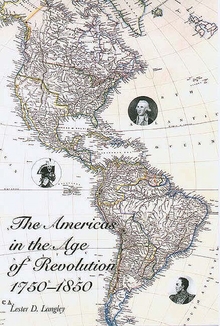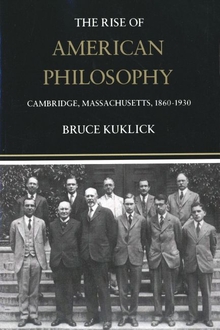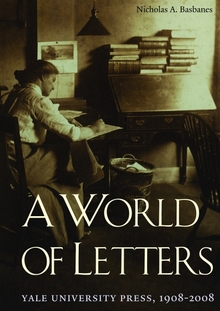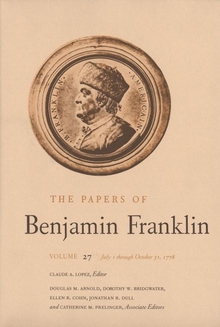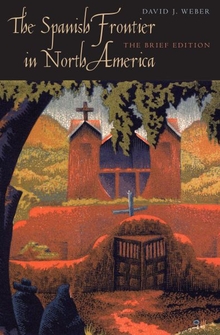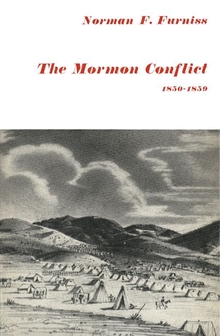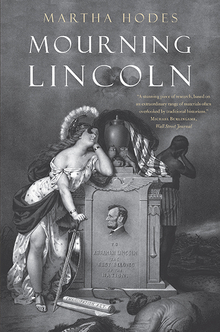White Women, Black Men
WARNING
You are viewing an older version of the Yalebooks website. Please visit out new website with more updated information and a better user experience: https://www.yalebooks.com
Illicit Sex in the Nineteenth-Century South
Martha Hodes
This award-winning book is the first to explore the history of a powerful category of illicit sex in America’s past: liaisons between Southern white women and black men. Martha Hodes tells a series of stories about such liaisons in the years before the Civil War, explores the complex ways in which white Southerners tolerated them in the slave South, and shows how and why these responses changed with emancipation.
Hodes provides details of the wedding of a white servant-woman and a slave man in 1681, an antebellum rape accusation that uncovered a relationship between an unmarried white woman and a slave, and a divorce plea from a white farmer based on an adulterous affair between his wife and a neighborhood slave. Drawing on sources that include courtroom testimony, legislative petitions, pardon pleas, and congressional testimony, she presents the voices of the authorities, eyewitnesses, and the transgressors themselves—and these voices seem to say that in the slave South, whites were not overwhelmingly concerned about such liaisons, beyond the racial and legal status of the children that were produced. Only with the advent of black freedom did the issue move beyond neighborhood dramas and into the arena of politics, becoming a much more serious taboo than it had ever been before. Hodes gives vivid examples of the violence that followed the upheaval of war, when black men and white women were targeted by the Ku Klux Klan and unprecedented white rage and terrorism against such liaisons began to erupt. An era of terror and lynchings was inaugurated, and the legacy of these sexual politics lingered well into the twentieth century.
"As this fascinating and well-researched book makes clear . . . sexual liaisons between black men and white women prior to the Civil War were accepted, although not necessarily approved. . . . This is a great book for those interested in African American history, women's studies, the Civil War, or the history of race relations in the U.S."—Booklist
"Hodes provides the first real scholarly exploration of this important topic. . . . A brilliant work, imaginatively researched and well written. Highly recommended."—Library Journal
"[A] fascinating survey of interracial relationships in the South between the 1680s and the 1880s. . . . An enthralling book."—David Nicholson, Washington Post
"Hodes is courageous but not reckless in undertaking one of the few studies that have been made of the sexual relations between white women and black men in the South. . . . We are now most fortunate in having Hodes's very original, revealing, and important book on a neglected subject. It deserves a close and respectful reading, and many readers."—C. Vann Woodward, New York Review of Books
"The strength of White Women, Black Men is that it works on two levels. On one level it is a wide-ranging and carefully researched exploration of a subject ignored by scholars of the South for too long, namely sexual relationships between black men and white women. on another level it is a provocative study of changing power dynamics in the South, and the consequences for all Southerners, irrespective of race or gender."—Julie Winch, Women's Review of Books
"A remarkable book."—Julie Winch, Women’s Review of Books
"Martha Hodes's White Women, Black Men: Illicit Sex in the Nineteenth-Century South presents a highly perceptive analysis of a controversial subject."—Fracois Furstenberg
"A fascinating and important contribution to the ongoing project of untangling this narrative of race and sex that has both excused and produced much violence and suffering. . . . It is enough, however, finally to have this account, both broad and wonderfully particular, about the relationships before and behind the myth."—Grace Elizabeth Hale, Journal of the Early Republic
"A rigorously researched yet accessible narrative about white reactions to sexual relationships between white women and black men throughout the nineteenth century."—Christie Franham, American Historical Review
"In this important and meticulously researched book, Martha Hodes recounts the history of nineteenth-century sexual relationships between white women and black men. . . . Hodes also goes beyond an examination of the specific liaisons referred to in her book's title: these sexual encounters, and the white response to them, provide a powerful vehicle for understanding the culture and politics of race in the nineteenth-century south. . . . Ultimately, she has crafted an absorbing and original account that makes important and telling observations about race, sex, and politics in the American South."—Nina Silber, Journal of American History
"Martha Hodes's investigation of sexual liaisons across the ‘color line’ in the South is a model of responsible, imaginative historical scholarship. In the manner of Woodward's The Strange Career of Jim Crow, her work shows that a subject, which was supposed to have no history, in fact has a very important one. My students seized upon her book both for its masterfully executed narratives and for its clarity of analysis, which illuminates, as well as any text I have assigned, how racial identities and boundaries in the nineteenth-century South were mutable, unstable fictions that were redrawn or even reinvented to preserve the preeminence of the dominant race and sex."—Woody Register, Director, American Studies Program, University of the South
"A brilliant work, imaginatively researched and well written."— Library Journal
"This is a great book for those interested in African American history, women's studies, and Civil War, or the history of race relations in the U.S."—Grace Fill, Booklist
"Hodes handles well the construction of sexual images of men and women of each race and class before and after the Civil War as well as the social and political uses to which those images were put."—Cathy Mason, In These Times
"This fascinating survey of interracial relationships in the South between the 1680s and the 1880s. . . Fascinating and as provocative. . . This is compelling stuff. . . This is an enthralling book!" —David Nicholson, Washington Post
"Martha Hodes. . . is courageous but not reckless in undertaking one of the few studies that have been made of the sexual relations between white women and black men in the South. . . Hodes’s searching study of sexual politics confirms and extends the findings of earlier scholars that white supremacy, in all its legal and institutional manifestations, became more rigid and punitive at the end of the century than at any other time since the Civil War. . . We are now most fortunate in having Hodes’s very original, revealing, and important book on a neglected subject. It deserves a close and respectful reading, and many readers."—C. Vann Woodward, New York Review
"[This book] presents a highly perceptive analysis of a controversial subject."—François Furstenberg, The Reader’s Catalog
"Hodes has added to our store of information on the subject in a field where documentation is rare and hard to find. . . . We are indebted to Hodes for her careful examination of these cases and for advancing a provocative thesis on the subject of sex between white women and black men in the South. . . . This important book deserves careful reading and should inspire additional research along the color line."—Mary Frances Berry, Journal of Southern History
"White Woman, Black Men is an important, insightful, and beautifully written contribution to the literatures on Reconstruction and the lynching era, the historical construction of racial categories, and the history of sexuality."—Ariela Gross, Law and History Review
"A fascinating and important book, a persuasive and insightful exploration of a volatile topic."—Edward L. Ayers, University of Virginia
Publication Date: January 11, 1999


